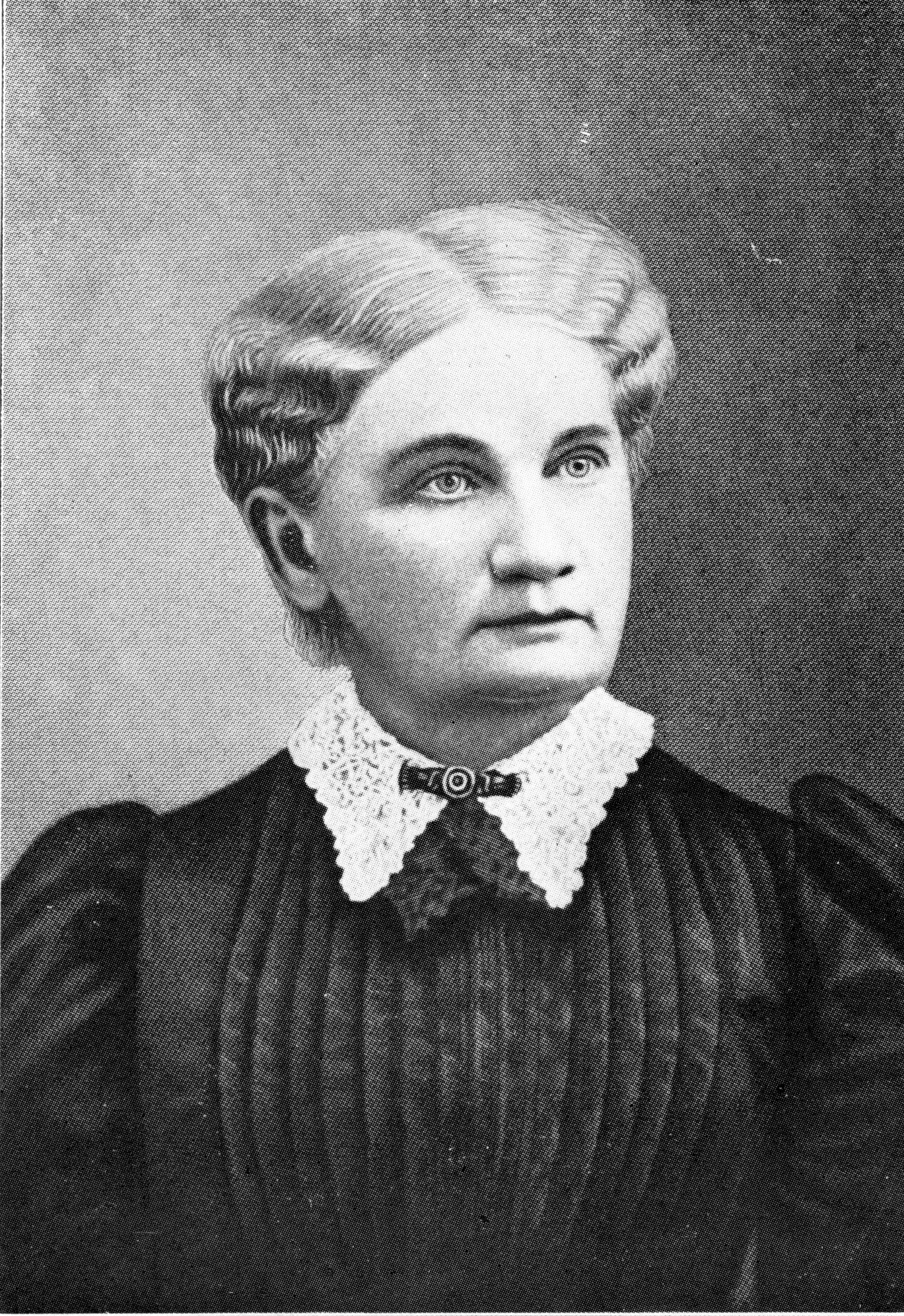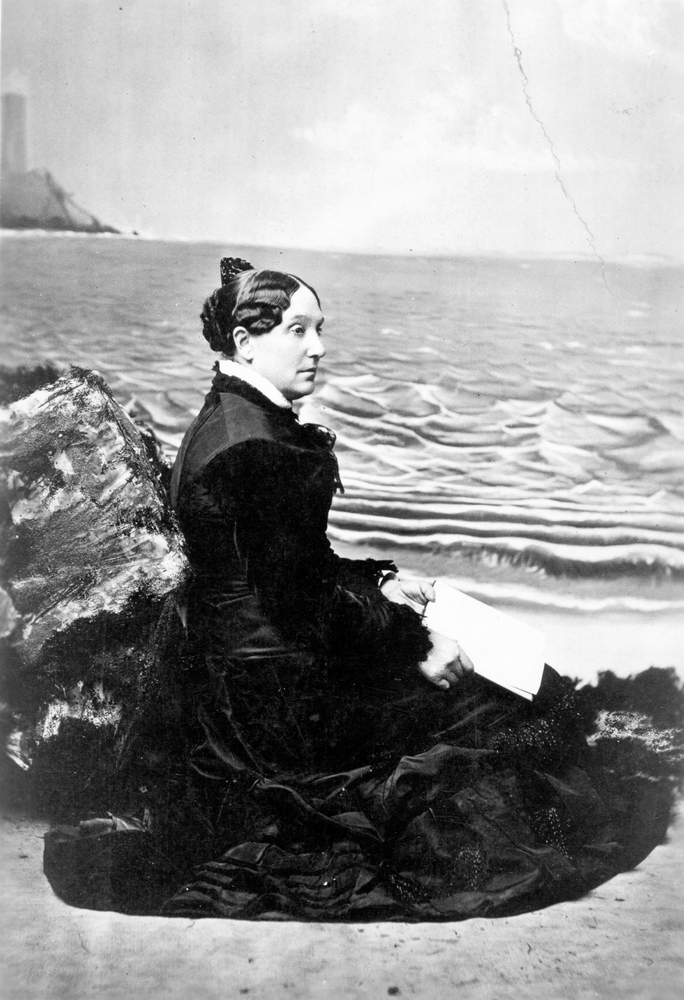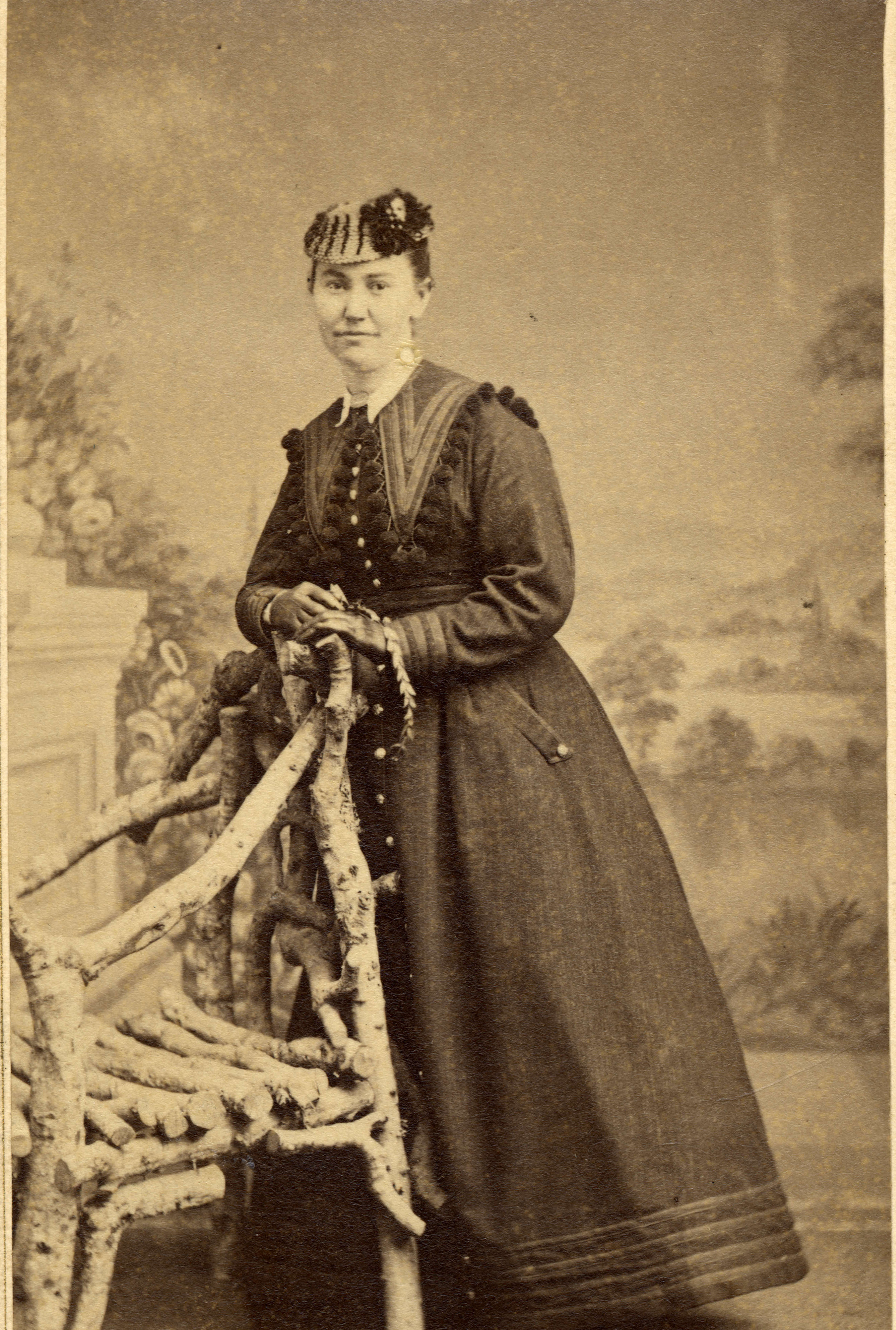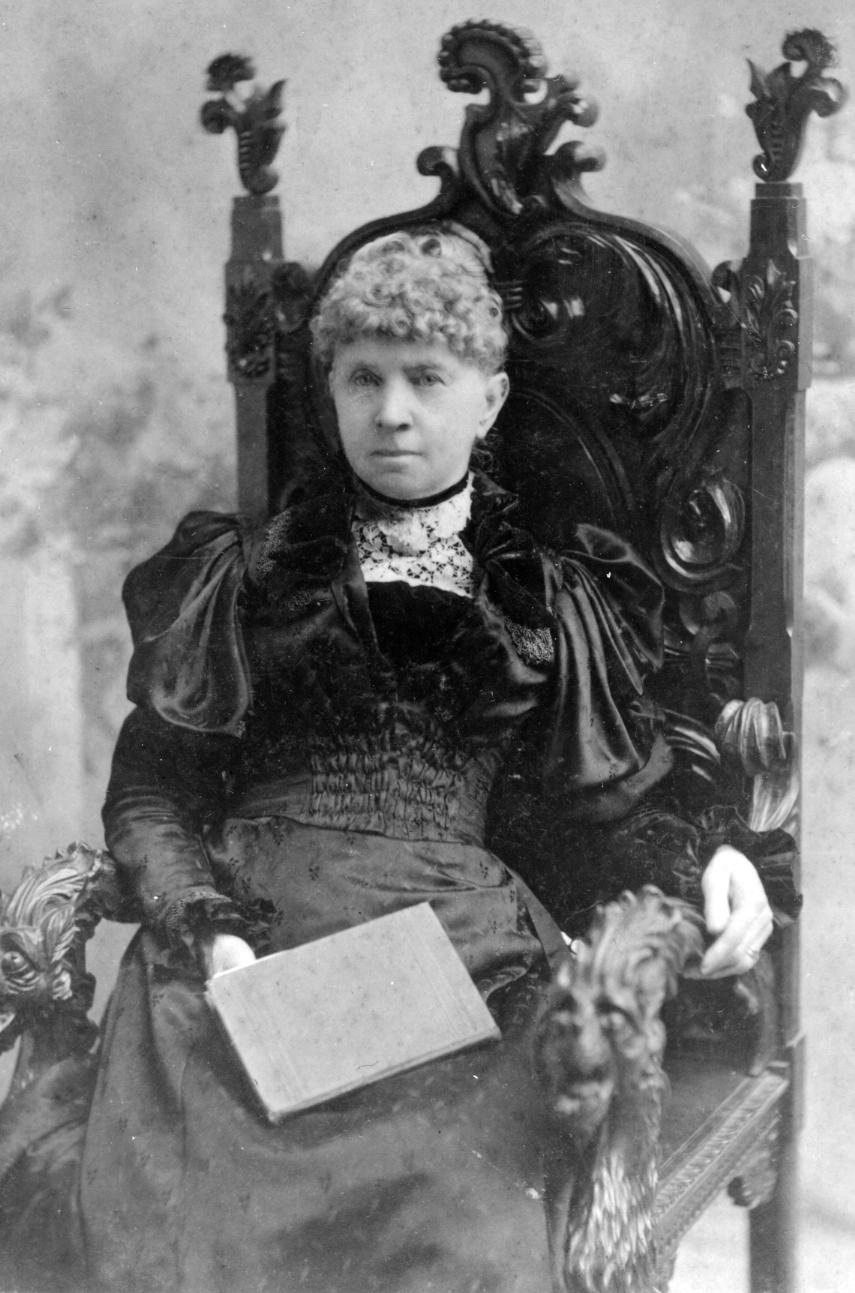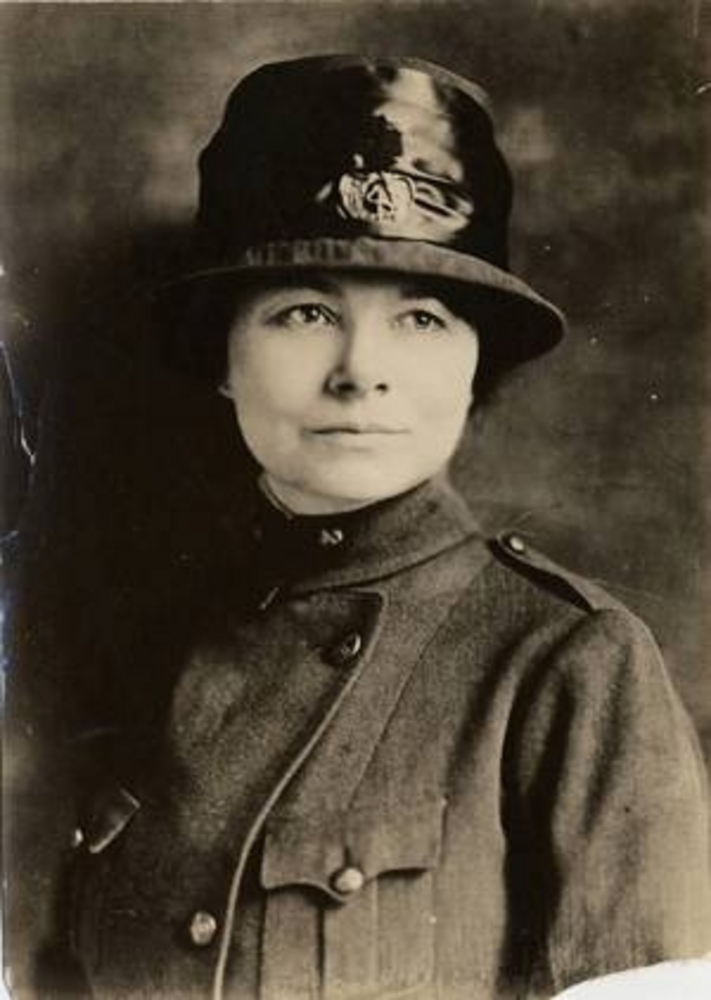Honored in her lifetime as one of Oregon's pioneer doctors, Mary Anna Cooke Thompson practiced medicine in Portland for over forty years and was recognized as a leader for women’s rights. Although she held no degree, Thompson began advertising her practice in Portland newspapers in 1867 and was eventually known as "Portland's first woman physician."
Mary Anna Cooke was born in New York on February 14, 1825, the daughter of Horatio and Anna Bennett Cooke, both of England. When Mary was about twelve, the Cooke family moved to Chicago, where Mary married Reuben Thompson, a carpenter from Pennsylvania, on November 14, 1848. For the next eighteen years, the couple lived in La Salle, Illinois, where five children were born—three sons survived, two daughters died, and a niece was adopted.
An advocate for woman's rights throughout her life, Thompson first broke through the barriers to women in medicine while she was raising a family in Illinois. Although most medical schools were closed to women, Thompson persuaded two local physicians to let her study with them. With Dr. Frances Bry and Dr. Lyman B. Larkin as her tutors and their La Salle practices as her learning laboratories, Thompson prepared to become one of the first woman practitioners in Illinois. Her concern for the condition of women and their infants translated to an insistence on sanitation and rest in childbirth.
In 1866, the Thompson family traveled to Oregon by way of the Isthmus of Panama. In Portland, they joined Cooke relatives, including Mary's parents and several siblings, who had emigrated from Chicago before 1860. Thompson's last child, James R., was born in Portland in 1871. When her husband's health failed as the result of an injury, she continued to work as a physician and took in roomers. Reuben Thompson died in 1885.
Mary Anna Thompson's accomplishments extended beyond her medical practice to her advocacy for human rights. She was an articulate agent for political and economic change in the liberal and progressive tradition of Henry George, and she appeared on the platform to argue for the rights of Blacks and workers. Active in the woman suffrage movement, Thompson was also committed, along with her suffrage friends Dr. Bethenia Owens-Adair and Frances Fuller Victor, to temperance and prohibition. Abigail Scott Duniway and Mary Anna Cooke Thompson disagreed on issues such as connecting temperance and prohibition with the woman suffrage movement, but each recognized the strength of character and ability in the other.
During an extended speaking tour in the East in 1877-1878, Thompson addressed audiences in a variety of venues, participated in the National Woman Suffrage Association Convention in Washington, D.C., and spoke before the U.S. Senate Committee on Privileges and Elections. She called on President Rutherford B. Hayes at the White House and visited with co-workers and friends such as Frederick Douglass, Elizabeth Cady Stanton, Lucretia Mott, and Lucy Stone.
In 1910, at age eighty-five, Thompson still listed herself as a doctor. She died in Portland on May 4, 1919, six months after suffering a paralytic stroke.
-
![Mary Anna Cooke Thompson.]()
Thompson, Mary Anna.
Mary Anna Cooke Thompson. Courtesy Joseph Gaston, Portland: Its History and Builders (vol. 2), p. 734.
Related Entries
-
Abigail Scott Duniway (1834-1915)
Outspoken and often controversial, Abigail Scott Duniway is remembered …
-
![Bethenia Owens-Adair (1840-1926)]()
Bethenia Owens-Adair (1840-1926)
Bethenia Owens-Adair overcame seemingly insurmountable obstacles to bec…
-
![Frances Fuller Victor (1826–1902)]()
Frances Fuller Victor (1826–1902)
In 1869, the Overland Monthly and Out West Magazine featured "Manifest …
-
Woman Suffrage in Oregon
The campaign to achieve voting rights (also called suffrage or the fran…
Map This on the Oregon History WayFinder
The Oregon History Wayfinder is an interactive map that identifies significant places, people, and events in Oregon history.
Further Reading
Larsell, O. The Doctor in Oregon: A Medical History. Portland, Ore.: Binfords & Mort, 1947.
Thompson, Mary Anna Cook. Unpublished Journal of Her 1877-78 Trip to the East. Aubrey Watzek Library, Archives and Special Collections, Lewis & Clark College, Portland, Ore.
Ward, Jean M. “’The Noble Representative Woman from Oregon’: Dr. Mary Anna Cooke Thompson,” Oregon Historical Quarterly 113:3 (Fall, 2012): 408-429.

